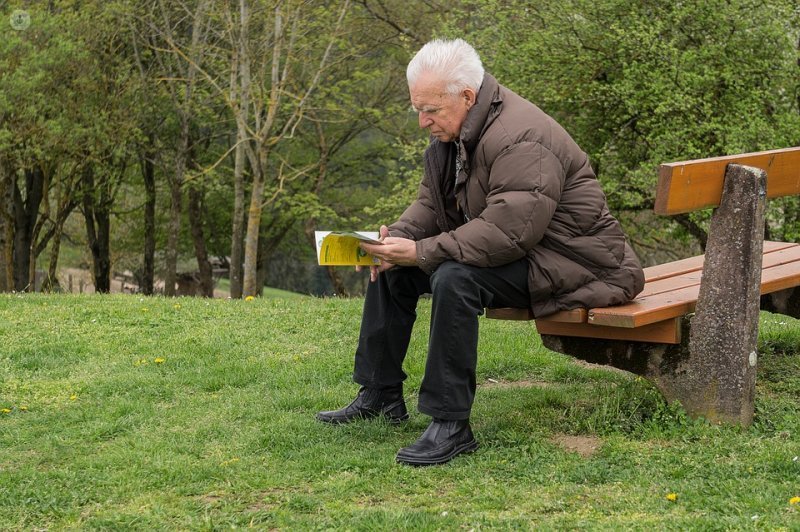How to treat anal pruritus
Written by:Anal pruritus (itchy bottom) occurs when the skin is irritated around the anus. It is a frequent and very uncomfortable condition which can be overwhelming, people are sometimes reluctant to see a doctor about this problem.
In many cases, the patient tries to cure it with various creams, often not best suited for the purpose. There can also be a tendency to scratch the affected area, causing skin erosion around the bottom. This can cause a perianal dermatitis infection and increased itching, which is generally accompanied by pain and bleeding.

The causes of anal pruritus, or itchy bottom, vary: the presence of parasites or fungi in the faeces, fissures or erosions inside the anus, nervousness, spicy foods and excessive drinking are just some of the potential causes of the problem.
In all cases of anal pruritus, the patient should consult a proctologist who will explore and recommend the necessary tests to confirm the origin of the anal problem. To ensure individualised treatment for each patient, tests are undertaken to rule out parasites in the faeces and to identify pathologic anomalies/causes.
Treatment Advice
Chronic constipation is a common cause of anal pruritus so it is important to cure erosions and fissures in the anal canal.
- It is recommended to follow a healthy diet free of chocolate, fizzy drinks, beer, spirits, tea, peppermint, whole grains, salads and raw or spicy vegetables.
- You should eat white meat, fish, rice, pasta, cooked vegetables and fruit.
- Drink two litres of water a day, along with juices and broths.
- Avoid aggressive exercise, strenuous effort, cycling, horse riding, and in general, any effort that increases pressure on the bottom.
- You should not wear tight underwear or jeans.
- In the first week, take warm-water baths that relax the anus for three minutes, three times a day, and then administer the antibiotic ointment that your doctor prescribed to cure perianal dermatitis.
- Lastly, after a bath or shower, olive oil should be applied to the anal and perianal area.


